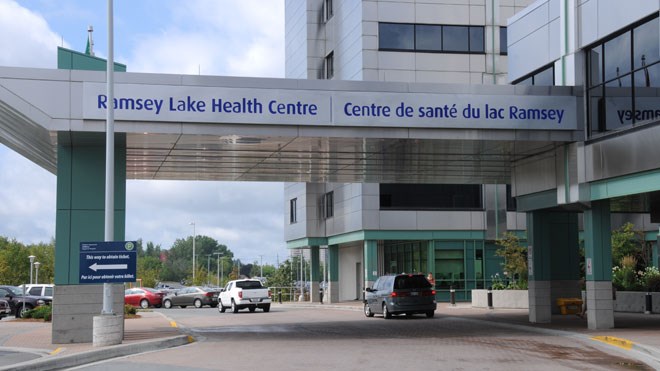A recent Supreme Court of Canada decision on end-of-life care should help physicians at Health Sciences North improve the level of care they give patients on life support and their families, said Dr. Peter Zalan, the hospital's president of medical staff.
On Oct. 18, 2013, the Supreme Court ruled 5-2 against an appeal that would have allowed doctors to end life support for a brain-damaged patient without the consent of his family.
Hassan Rasouli, 61, has been on life support since 2010, after a brain surgery that did not go as planned.
His doctors at Sunnybrook Hospital, in Toronto, believed there was no realistic hope for his medical recovery after all appropriate medical treatments for his condition had been exhausted. Because Rasouli was suffering with no hope of improvement, they decided a withdrawal of treatment was the best course of action.
But Rasouli's wife, Parichehr Salasel, said ending his life support would go against their Muslim beliefs, and as his substitute decision-maker, refused to consent to the withdrawal of his medical care.
The Supreme Court sided with Salasel and said Rasouli's doctors should have made an application to Ontario's Consent and Capacity Board for the legal permission to cut his life-support.
Zalan said most physicians are not familiar with the Consent and Capacity Board because the vast majority of its cases deal with psychiatric issues. “If you're not a psychiatrist it's hardly used at all,” he said.
Zalan said he hopes the Supreme Court's decision on the Rasouli case will bring more attention to the board.
Michael Hennessy, a Sudbury lawyer with Hennessy Law, sits on the Consent and Capacity Board. He said the board handles around 5,000 cases a year, and has three days to make a decision for each one.
“If there's any message here it's that it is a good idea for individuals to give some thought to these possible circumstances and to have conversations with their loved ones about what their wishes are,” Hennessy said about the Supreme Court's decision in the Rasouli case.
Zalan said Health Sciences North will start a pilot program next year to encourage patients to discuss their end-of-life plans with loved ones before they undergo serious surgeries.
“Making decisions when you're in a crisis really sucks,” Zalan said.
He said even frank discussions with a spouse, or close family member who can act as a substitute decision maker, can be legally binding when doctors decide whether or not they should pull the plug on life support.
Join Sudbury.com+
- Messages
- Post a Listing
- Your Listings
- Your Profile
- Your Subscriptions
- Your Likes
- Your Business
- Support Local News
- Payment History
Sudbury.com+ members
Already a +member?
Not a +member?
Sign up for a Sudbury.com+ account for instant access to upcoming contests, local offers, auctions and so much more.
